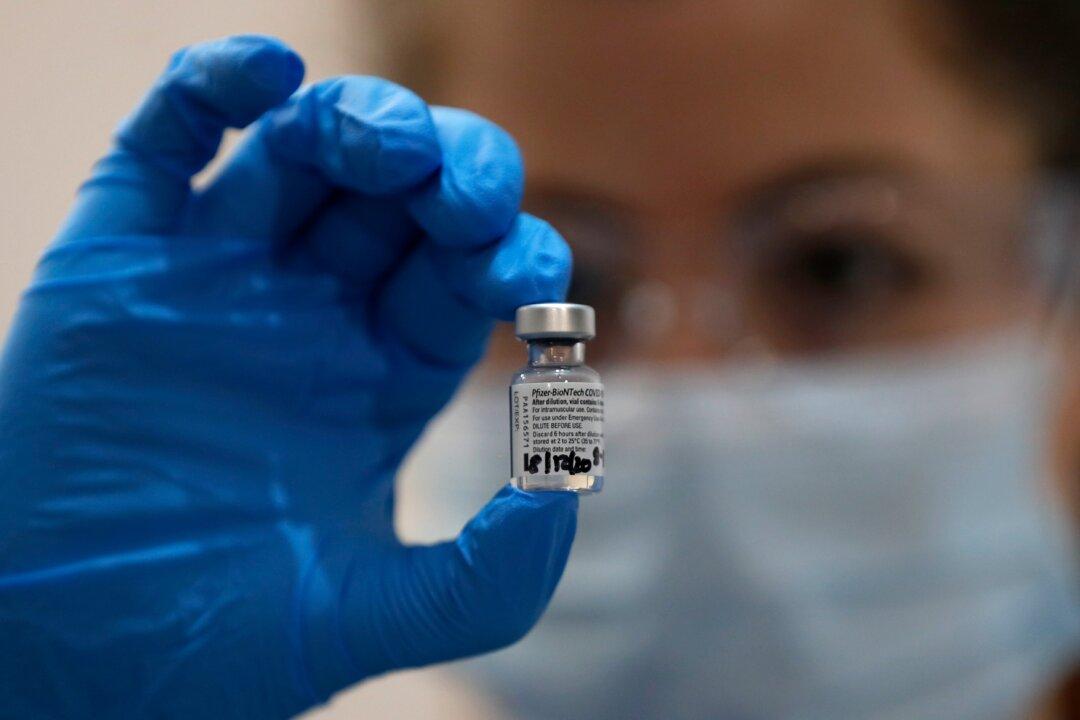The level of natural immunity people acquire from having caught the CCP virus in the past is high and likely to be roughly the same as the protection they would get from vaccination against the disease, scientists have said, a new official study shows.
Public Health England (PHE) said in a media release on Jan. 14 that its SIREN study of 20,787 health care workers concluded that having previously had the disease gave people at least 83 percent, but up to 99 percent, immunity to reinfection probably for a minimum of five months.





